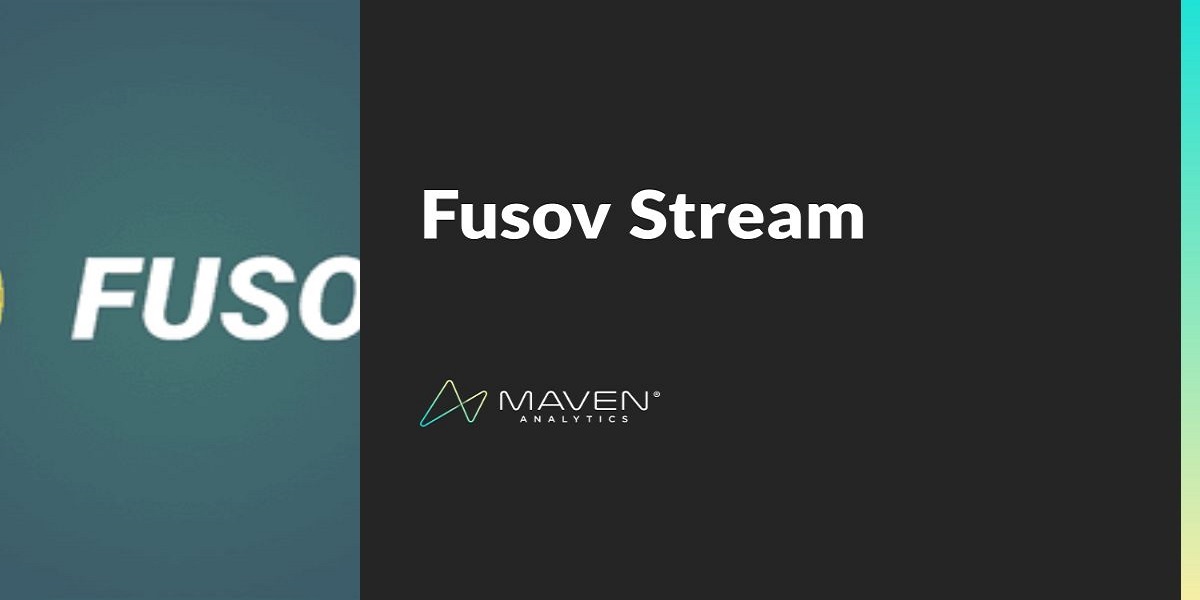Fusov is emerging as a term capturing attention across various industries, heralding a novel concept, product, or community-driven phenomenon. Though it may still be unfamiliar to some, Fusov’s significance is rapidly gaining momentum. This article delves into what Fusov represents, why it matters, and its potential for transforming its respective fields.
What is Fusov?
Fusov is not confined to a singular definition; rather, it embodies a multifaceted idea. At its core, it integrates innovation, collaboration, and a forward-thinking mindset. It has been described as a framework or ecosystem designed to merge traditional practices with modern technologies. The term could denote a specific movement, product line, or even an abstract philosophy depending on the context in which it is applied. For example, in tech, Fusov may represent a platform fostering seamless connectivity, while in the arts, it might symbolize a fusion of classical and contemporary styles.
The Origins of Fusov
Tracing the roots of Fusov reveals its ties to communities seeking evolution rather than revolution. It’s born out of a desire to enhance existing paradigms without dismantling their essence. Experts theorize that the term likely originated in the early 2020s, stemming from a blend of “fusion” and “evolution.” While initially adopted in niche circles has now become a buzzword in both creative and professional domains, signaling a shift toward holistic problem-solving.
The Pillars of Fusov’s Philosophy
1. Integration
It emphasizes breaking down silos across disciplines. It seeks to blend the best practices of diverse fields into a unified, efficient whole. This integration promotes inclusivity and accelerates innovation.
2. Sustainability
At the heart of Fusov is a commitment to sustainable practices. Whether applied to environmental strategies, technological development, or artistic ventures, Fusov values long-term viability over short-lived success.
3. Collaboration
Fusov thrives on teamwork. It champions open-source platforms, co-creation, and knowledge sharing, fostering environments where multiple stakeholders contribute equally to shared goals.
Fusov in Action
In Technology
In the tech sphere, it has sparked advancements in cloud-based solutions and the Internet of Things (IoT). Companies adopting Fusov principles have prioritized creating user-centric, scalable platforms. For instance, certain startups are leveraging strategies to design interoperable software solutions, enabling seamless integration across devices and networks.
In Creative Industries
The arts and entertainment sectors are witnessing the rise of Fusov through multimedia projects that combine traditional craftsmanship with digital tools. Artists and musicians, for instance, are using artificial intelligence to enhance their creations, blending human ingenuity with machine precision.
In Business Models
Corporate entities are also embracing Fusov to revamp organizational frameworks. The focus is on hybrid models—merging remote and on-site work dynamics, flexible schedules, and decentralized decision-making processes. Such approaches underscore Fusov’s adaptability to modern professional landscapes.
Challenges Facing Fusov
While Fusov’s benefits are promising, the journey is not without obstacles. The primary challenge lies in ensuring equitable access to resources. As often demands cutting-edge technology or specialized knowledge, disparities in availability can hinder its universal adoption. Additionally, skepticism about blending contrasting methodologies remains prevalent, particularly in traditional industries.
The Future of Fusov
Fusov’s trajectory hints at exponential growth, with potential applications spanning education, healthcare, and community development. In education, for instance, its principles could transform learning experiences by integrating virtual reality with traditional pedagogy. Similarly, healthcare systems can benefit from Fusov’s integrative approach, enhancing patient care through technological and human-centered practices.
Conclusion
Fusov stands at the intersection of tradition and innovation, symbolizing a movement toward more integrated, sustainable, and collaborative systems. Its adaptability across sectors highlights its universality and potential to drive meaningful change. As industries continue to evolve, embracing the Fusov philosophy could be the key to unlocking new possibilities and creating a future marked by inclusivity and progress.




